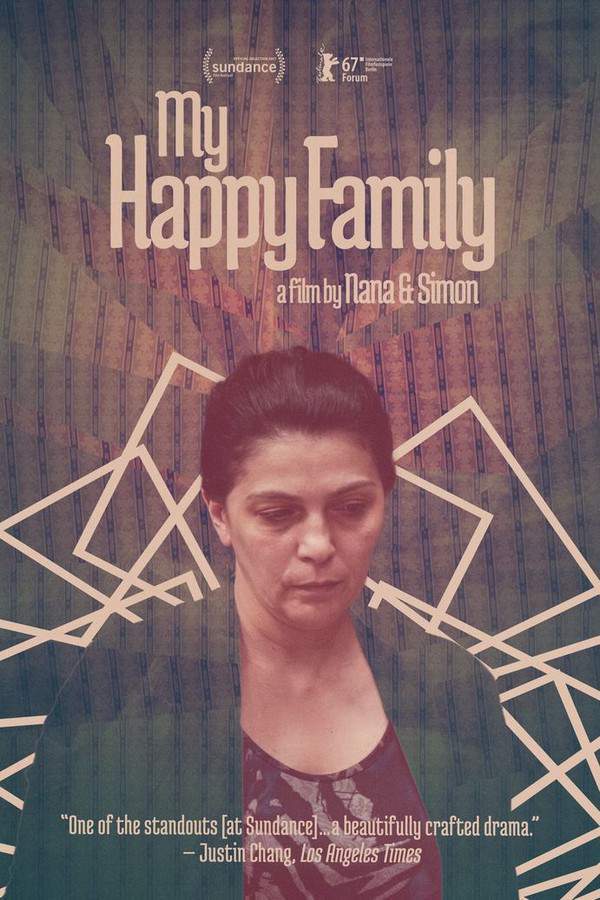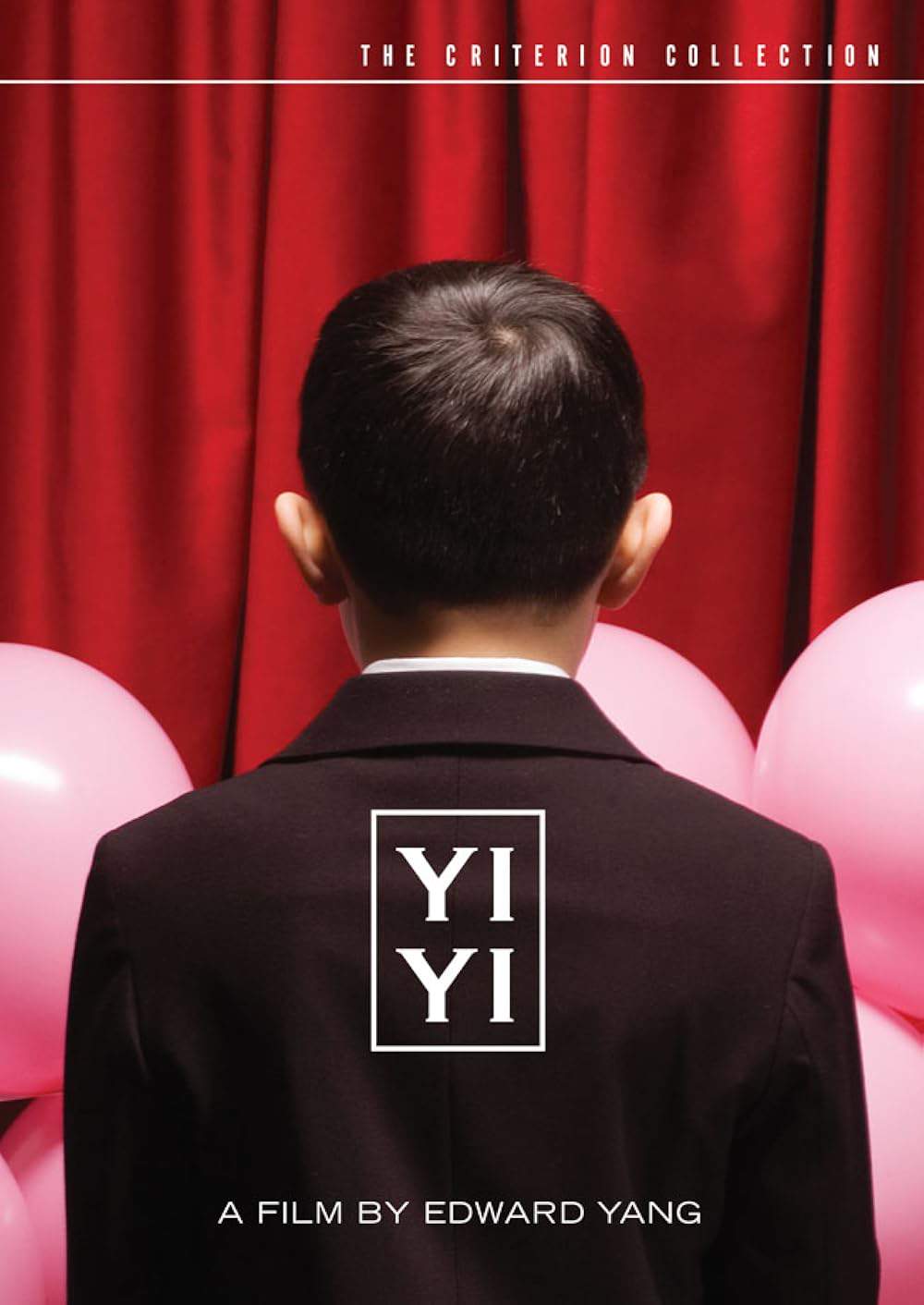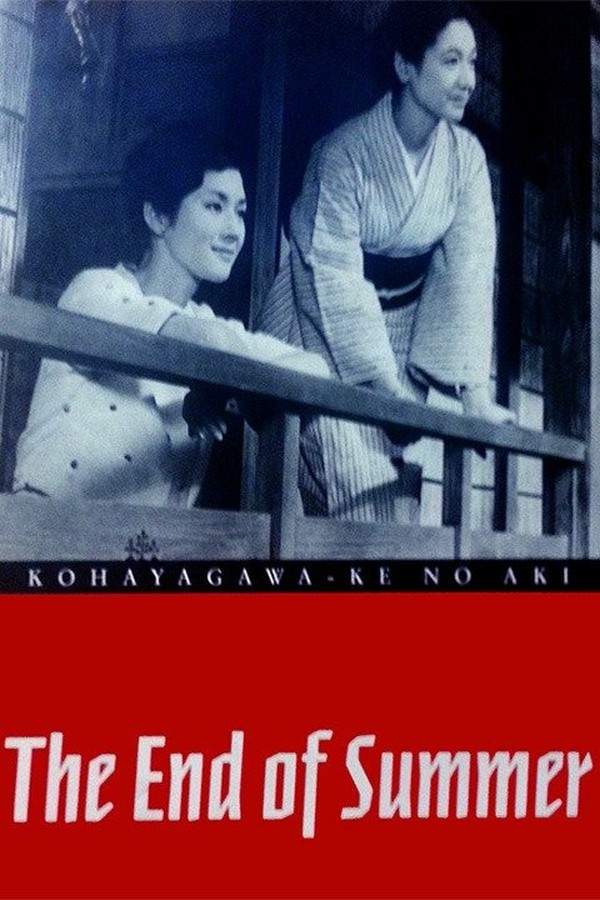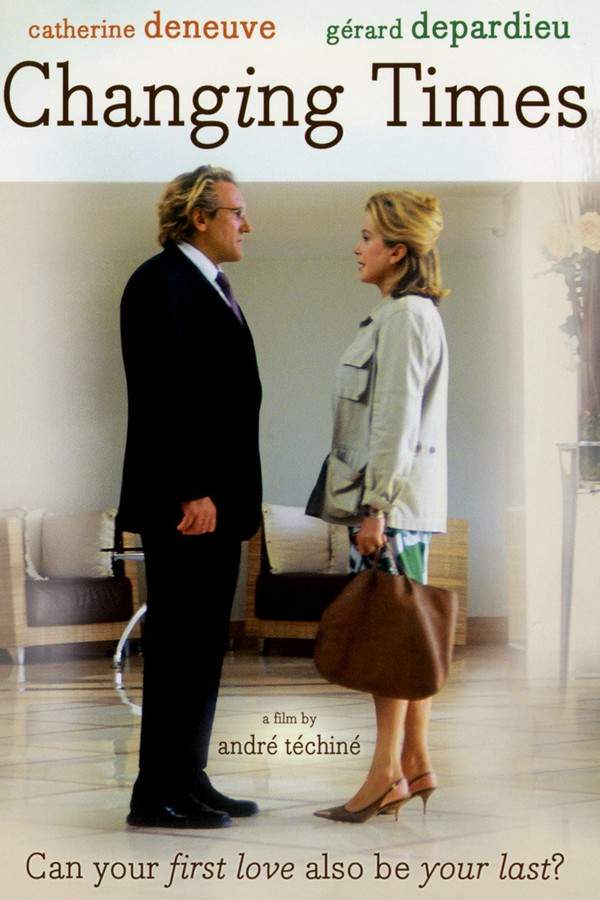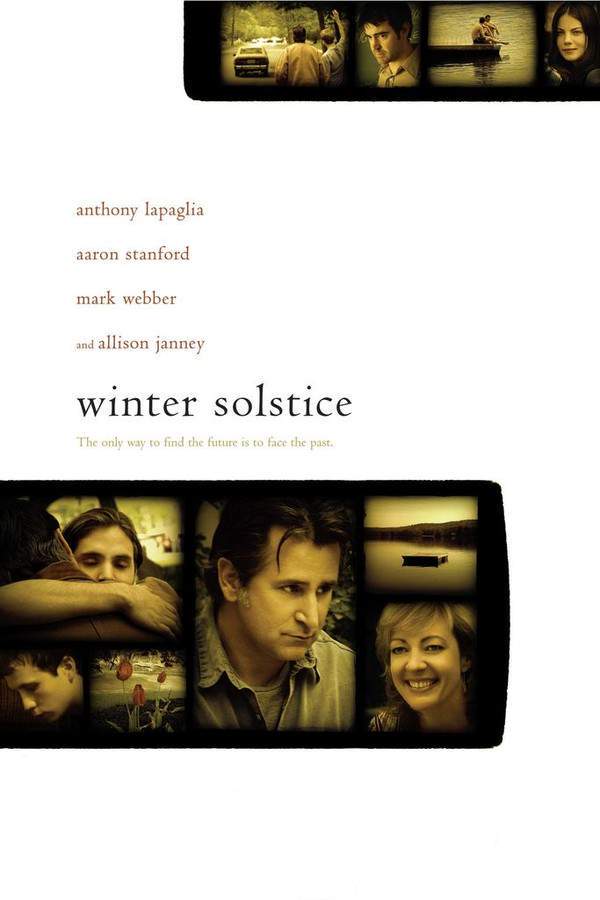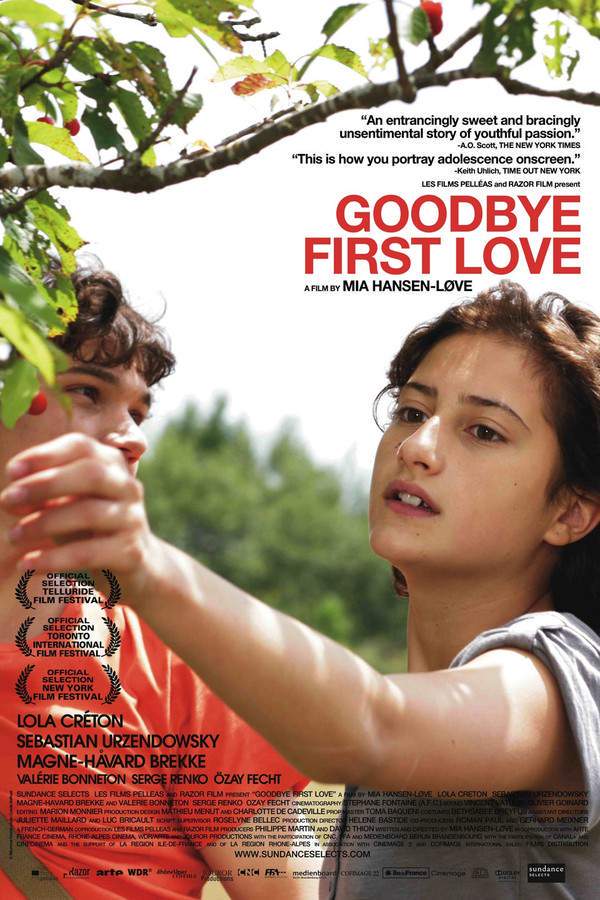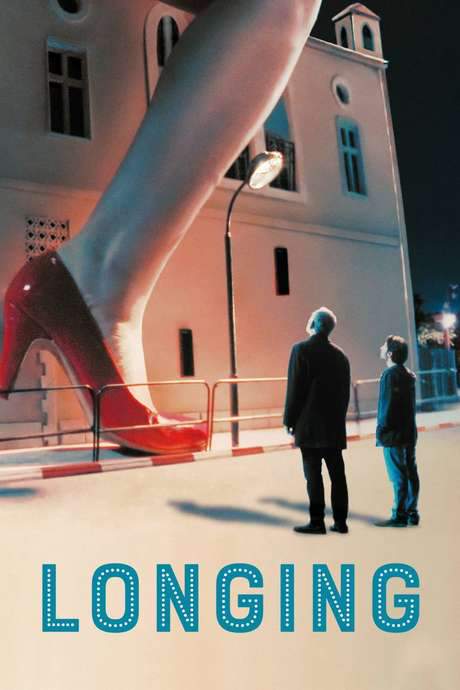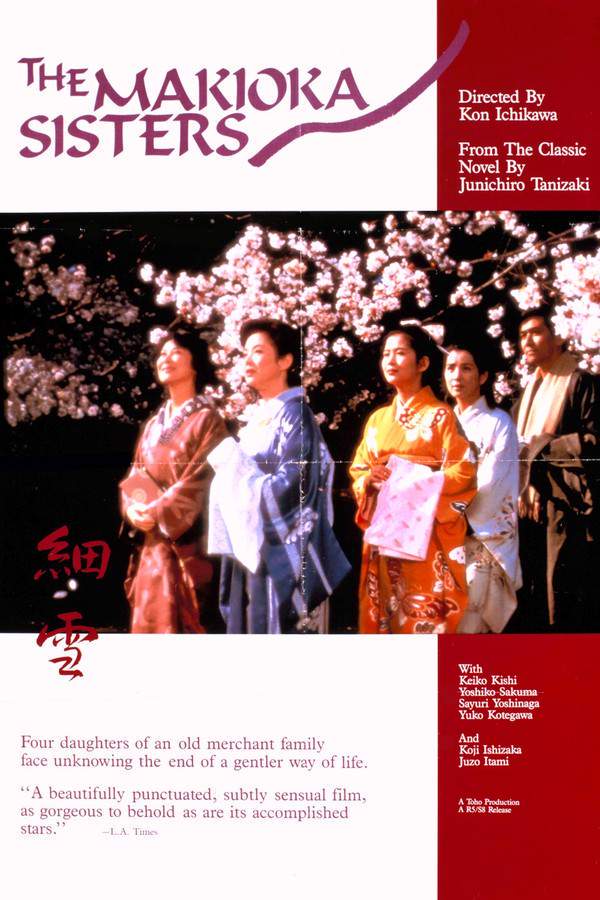
The Makioka Sisters (1983)
Year: 2011
Runtime: 140 min
Language: Japanese
Director: Kon Ichikawa
Set in pre-war Japan, this film follows the lives of four sisters whose family's kimono business struggles to survive. As the seasons change, they grapple with tradition and modernity, facing personal desires and societal expectations. The story explores the complexities of family, the weight of cultural heritage, and the poignant realities of a changing world, ultimately revealing the intertwined fates of these sisters.
The Makioka Sisters (1983) (2011) – Spoiler-Free Movie Summary & Plot Overview
Get a spoiler-free look at The Makioka Sisters (1983) (2011) with a clear plot overview that covers the setting, main characters, and story premise—without revealing key twists or the ending. Perfect for deciding if this film is your next watch.
In the waning years of the 1930s, the gentle rhythm of the Kansai region provides a backdrop of cherry‑blossomed streets and bustling markets, where a once‑prosperous kimono house struggles to keep its threads intact. The film opens with an intimate portrait of a family whose livelihood is tied to the delicate art of cloth, a symbol of both cultural heritage and the inevitable pull of a modern world reshaping daily life.
At the heart of this tableau are four sisters whose personalities echo the seasons themselves. The eldest, Sachiko, carries the quiet responsibility of managing the household while supporting her husband Teinosuke in his attempts to balance duty and desire. Tsuruko, the pragmatic heir to the clan, feels the weight of expectations as she navigates the subtle tensions between tradition and the changing roles women are beginning to explore. Yukiko embodies the yearning for a love that fits within the prescribed boundaries of her social circle, while the youngest, Taeko, radiates restless curiosity, drawn to the allure of possibilities that lie beyond the familiar confines of home.
The atmosphere is suffused with a measured elegance, where conversations linger like the lingering scent of plum blossoms and each gesture hints at unspoken longing. The sisters’ interactions weave a tapestry of camaraderie, gentle rivalry, and shared melancholy, reflecting the broader societal shift from rigid hierarchy toward a more fluid, uncertain future. The family’s kimono business, though a source of pride, becomes a quiet canvas upon which the sisters project their hopes, fears, and the subtle resistance to a world in transition.
Through restrained cinematography and a lingering musical score, the story invites viewers to sit beside these women as they contemplate marriage, personal ambition, and the quiet dignity of an endangered way of life. The film’s tone remains contemplative and bittersweet, offering a window onto a pivotal moment in Japanese history where the past and the promise of tomorrow coexist in delicate balance.
Last Updated: August 10, 2025 at 07:56
Explore Movie Threads
Discover curated groups of movies connected by mood, themes, and story style. Browse collections built around emotion, atmosphere, and narrative focus to easily find films that match what you feel like watching right now.
Elegiac Family Chronicles like The Makioka Sisters (1983)
Atmospheric stories of families navigating societal change with quiet grace.Discover movies like The Makioka Sisters that delve into the poignant lives of families facing change. These similar drama stories share a melancholic tone and slow pace, exploring cultural heritage and personal desire. If you liked the reflective, atmospheric feel of The Makioka Sisters, you'll find more films about sisterhood and societal expectations here.
Narrative Summary
These narratives often unfold over an extended period, using the passage of time or seasons as a structural device. The central conflict arises from the friction between deeply held traditions and the inexorable pull of modernity, explored through the interconnected personal journeys of family members. The plot is typically character-driven, prioritizing emotional nuance over high-stakes drama.
Why These Movies?
These films are grouped by their shared focus on the quiet, bittersweet drama of family life within a specific cultural milieu. They resonate with a similar reflective mood, deliberate pacing, and a thematic preoccupation with memory, loss, and the subtle, often painful, process of adaptation.
Movies with the Quiet Melancholy of The Makioka Sisters (1983)
Stories where personal longings are subdued by duty and circumstance.Find films that share the quiet melancholy and bittersweet ending of The Makioka Sisters. These similar reflective dramas feature characters grappling with personal desire versus duty. If you enjoyed the film's serene, poetic atmosphere and its focus on grief and unspoken feelings, explore more movies about subdued emotions and societal pressure.
Narrative Summary
The narrative pattern follows characters who confront the gap between their inner passions and the external roles they are expected to play. Conflict is internal and interpersonal, driven by unspoken words and repressed emotions rather than overt action. The journey is one of resigned acceptance or small, poignant compromises, leading to endings that are bittersweet rather than conclusively happy or tragic.
Why These Movies?
These films are united by a specific emotional texture: a gentle, pervasive melancholy derived from themes of loss, restraint, and the quiet toll of conformity. They share a slow, atmospheric pace that allows the weight of unfulfilled desires to settle deeply, creating a powerfully resonant and contemplative viewing experience.
Unlock the Full Story of The Makioka Sisters (1983)
Don't stop at just watching — explore The Makioka Sisters (1983) in full detail. From the complete plot summary and scene-by-scene timeline to character breakdowns, thematic analysis, and a deep dive into the ending — every page helps you truly understand what The Makioka Sisters (1983) is all about. Plus, discover what's next after the movie.
The Makioka Sisters (1983) Summary
Read a complete plot summary of The Makioka Sisters (1983), including all key story points, character arcs, and turning points. This in-depth recap is ideal for understanding the narrative structure or reviewing what happened in the movie.

The Makioka Sisters (1983) Timeline
Track the full timeline of The Makioka Sisters (1983) with every major event arranged chronologically. Perfect for decoding non-linear storytelling, flashbacks, or parallel narratives with a clear scene-by-scene breakdown.

Characters, Settings & Themes in The Makioka Sisters (1983)
Discover the characters, locations, and core themes that shape The Makioka Sisters (1983). Get insights into symbolic elements, setting significance, and deeper narrative meaning — ideal for thematic analysis and movie breakdowns.

More About The Makioka Sisters (1983)
Visit What's After the Movie to explore more about The Makioka Sisters (1983): box office results, cast and crew info, production details, post-credit scenes, and external links — all in one place for movie fans and researchers.


